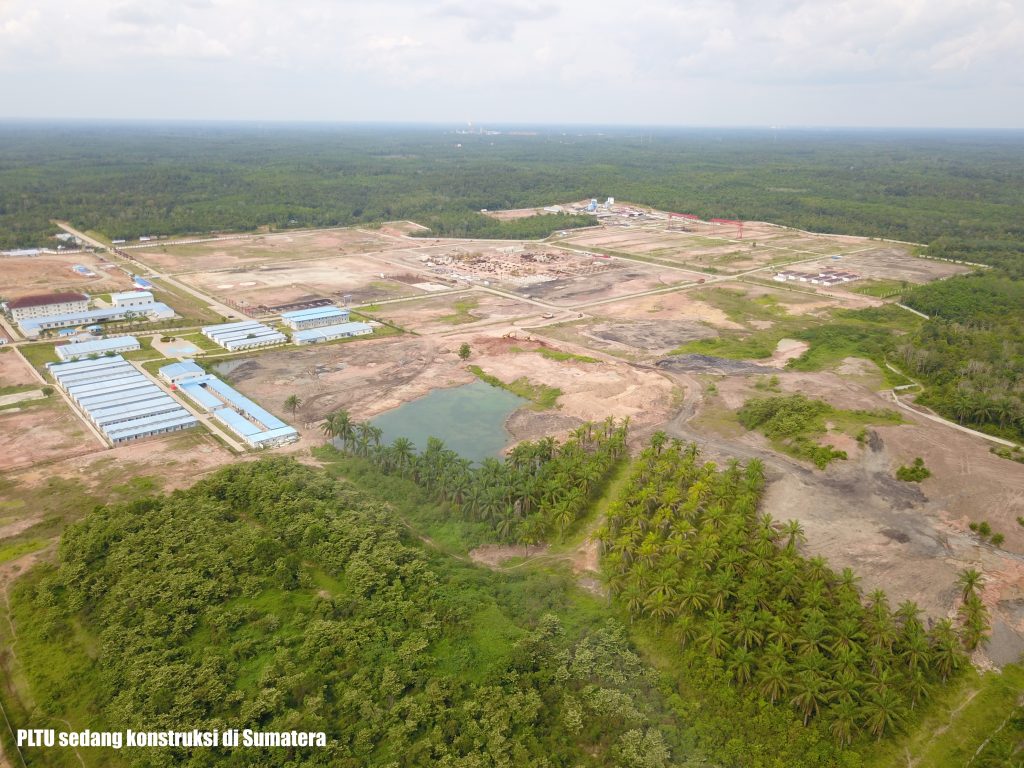The Impact of Climate Change is Getting Stronger, Indonesia Investment Authority (INA) Need To Exclude Fossil Energy In Investments
Press Release
Perkumpulan AEER & Trend Asia
January, 28th 2021
The government is currently forming an Investment Management Institution or the Indonesia Investment Authority (INA), with an initial capital of IDR 75 trillion rupiahs which is expected to attract investment funds from abroad. Environmental organizations expect the INA to have a policy on the fossil industry. Fossil energy is the cause of climate change which is becoming increasingly impactful.
Researchers reveal that there will be an increase in rainfall in the tropics due to the impact of climate change.
The El Nino Southern Oscillation (ENSO) phenomenon is predicted to be affected by climate change. The frequency and power of extreme El Nino and La Nina have the potential to increase. today, the extreme phase of ENSO occurs once every 20 years. But at the end of the 21st century, in an aggressive greenhouse gas emission scenario, this extreme phase could occur once every 10 years. Indonesia as a country located on the equator of the western Pacific Ocean will experience extreme rainfall during the extreme La Nina situation.

Pius Ginting, Coordinator of Perkumpulan AEER said that hydrometeorological disasters from floods to rising sea levels are increasing along with global warming caused by the use of fossil energy. Huge costs or fatalities have occurred. Providing jobs field by developing the coal and plantation industry is ineffective and the impact loss is bigger.
Such as the flood in South Kalimantan, despite a lot of mining and plantation investment, there are 80,000 unemployed, 800,000 underemployed, and 590,000 part-time workers. Therefore, an investment policy from the INA is needed so that it does not support the business of developing fossil energy, particularly coal.

On the other hand, Ahmad Ashov Birry, Program Director of Trend Asia, said it is necessary to remember that INA stands on a controversial law product that has received massive and widespread resistance from the public, and concerns from global investors based on the great potential for conflict of interest in the fossil industry, starting from the formulation process until the final product.
Rejection from the community is also based on the negative socio-environmental and economic impacts of the fossil industry, especially coal, which have not been resolved and the responsibility is unclear.
We expect INA to make policies that do not support infrastructure, which encourages fossil energy, such as coal railroads and ports.
A study from the #BersihkanIndonesia Coalition, correlated to the national strategic project which will be financed by INA, found that the majority of national strategic projects and programs have the potential to be related to fossil energy, high density of pollution, emissions, and damage to the land. also, have the potential to marginalize communities and violate human rights.
By incorporating supporting infrastructure for fossil energy into businesses managed by INA, it will narrow the amount of investment from institutions that already have green criteria that do not support investment in fossil energy, particularly coal.
INA investment should be made in sectors that are pro-environment, including renewable energy development because Indonesia’s energy system is still dominated by fossil fuels. On the other hand, the INA management must also avoid conflicts of interest in the fossil industry, particularly coal.
Media Contact:
- Pius Ginting-Coordinator of Perkumpulan AEER (Aksi Ekologi dan Emansipasi Rakyat)
- Ahmad Ashov Birry-Program Director of Trend Asia
Hp: 08111757246